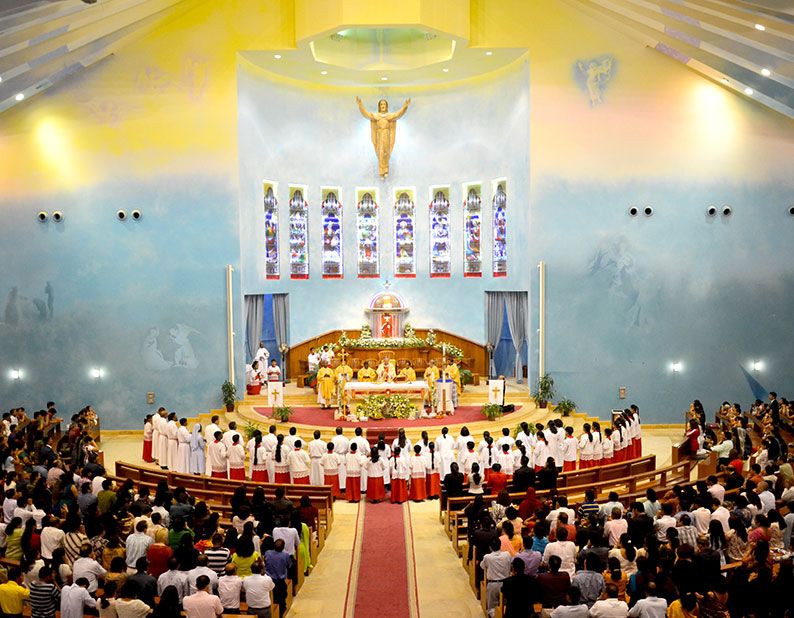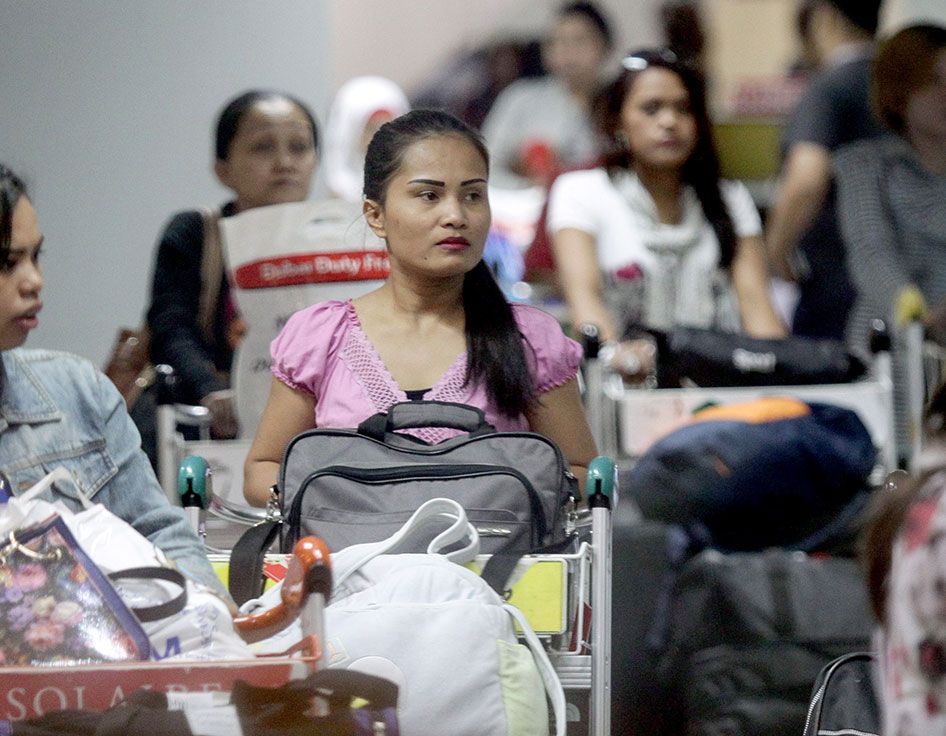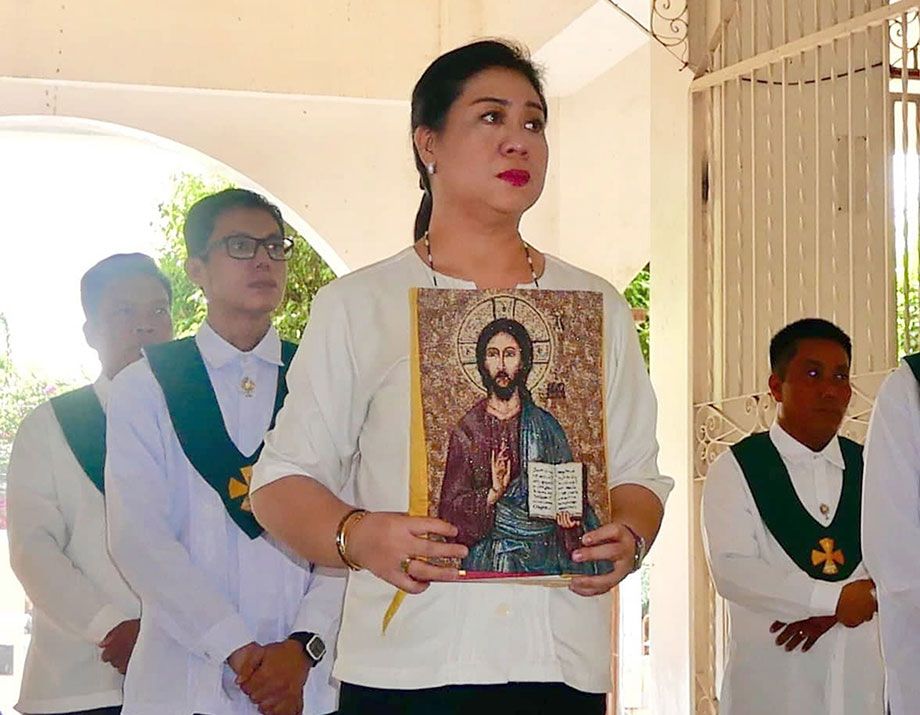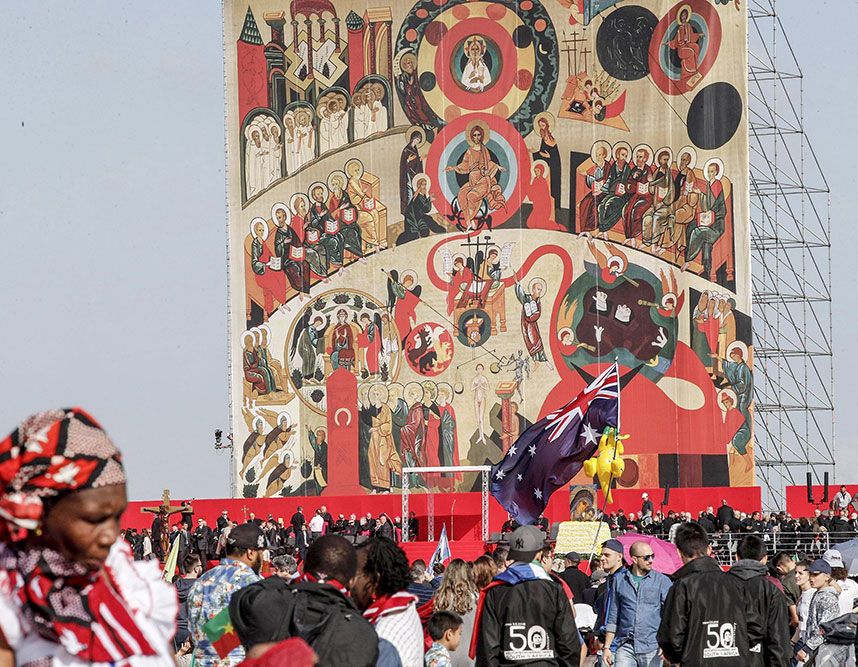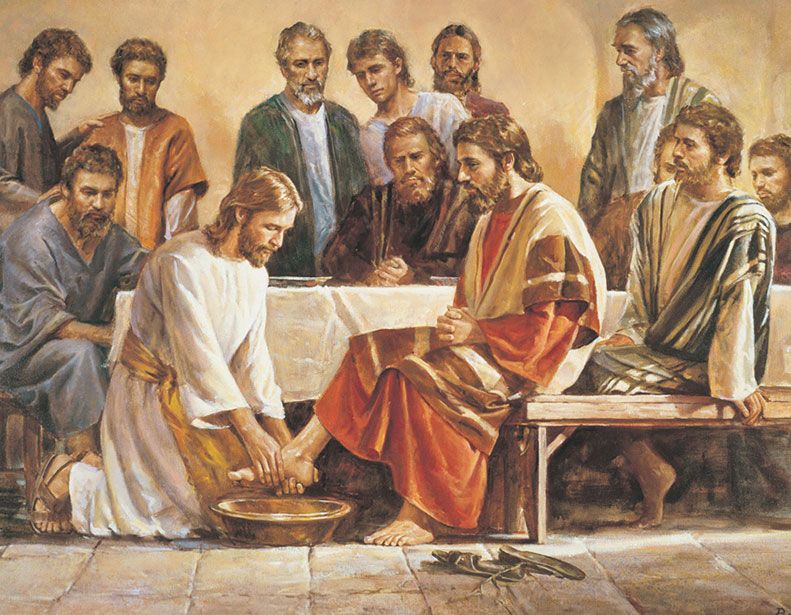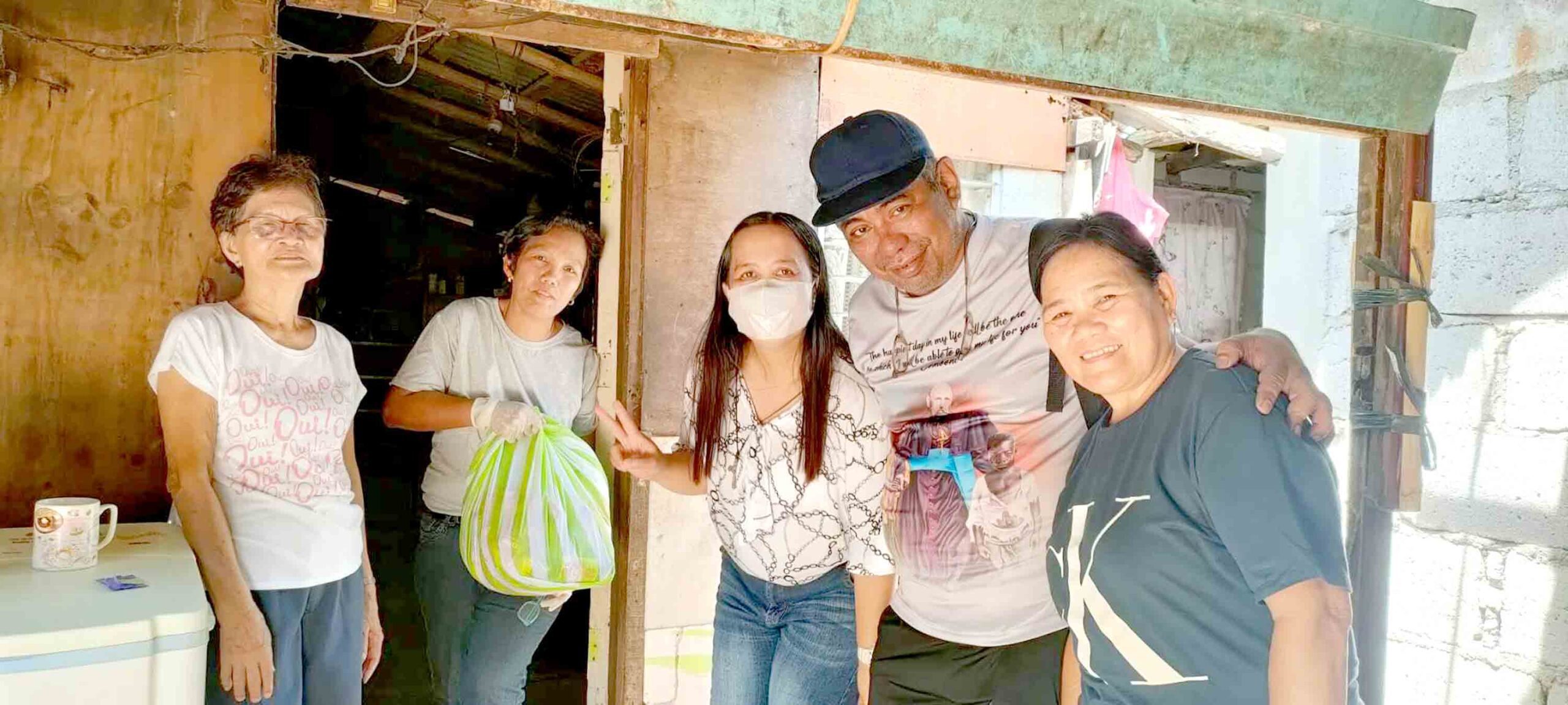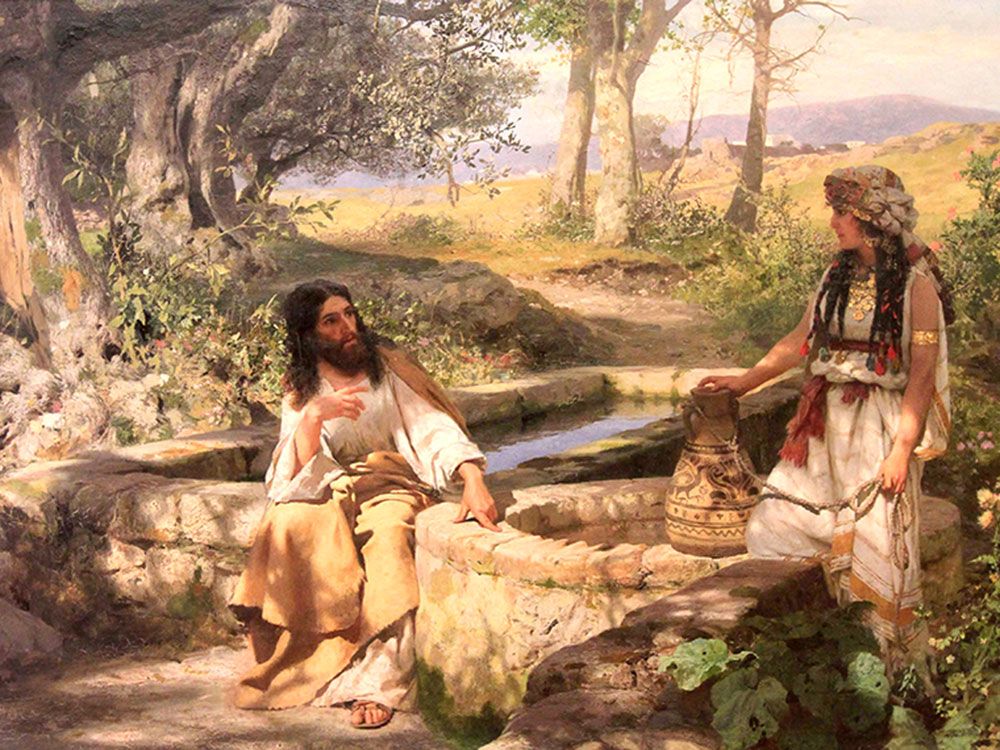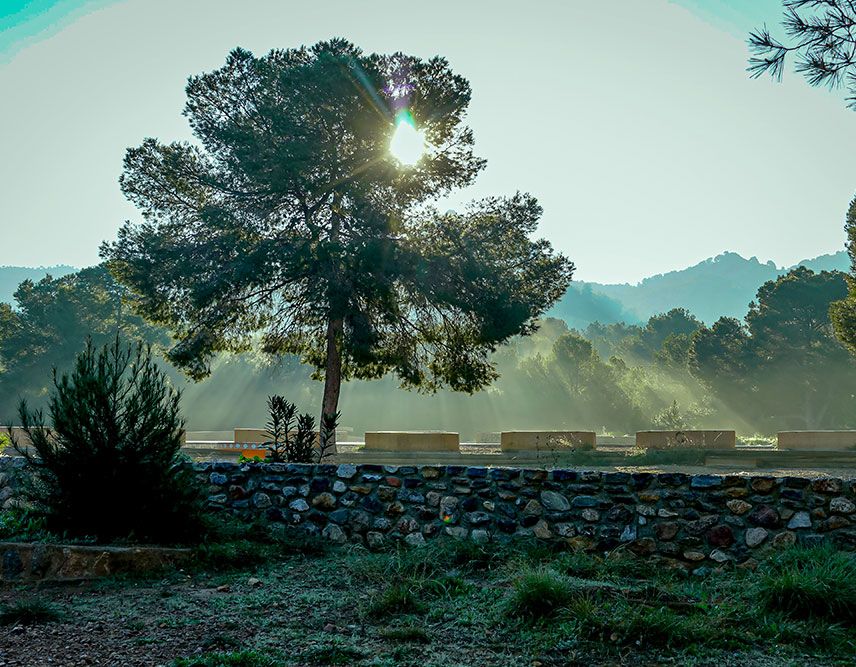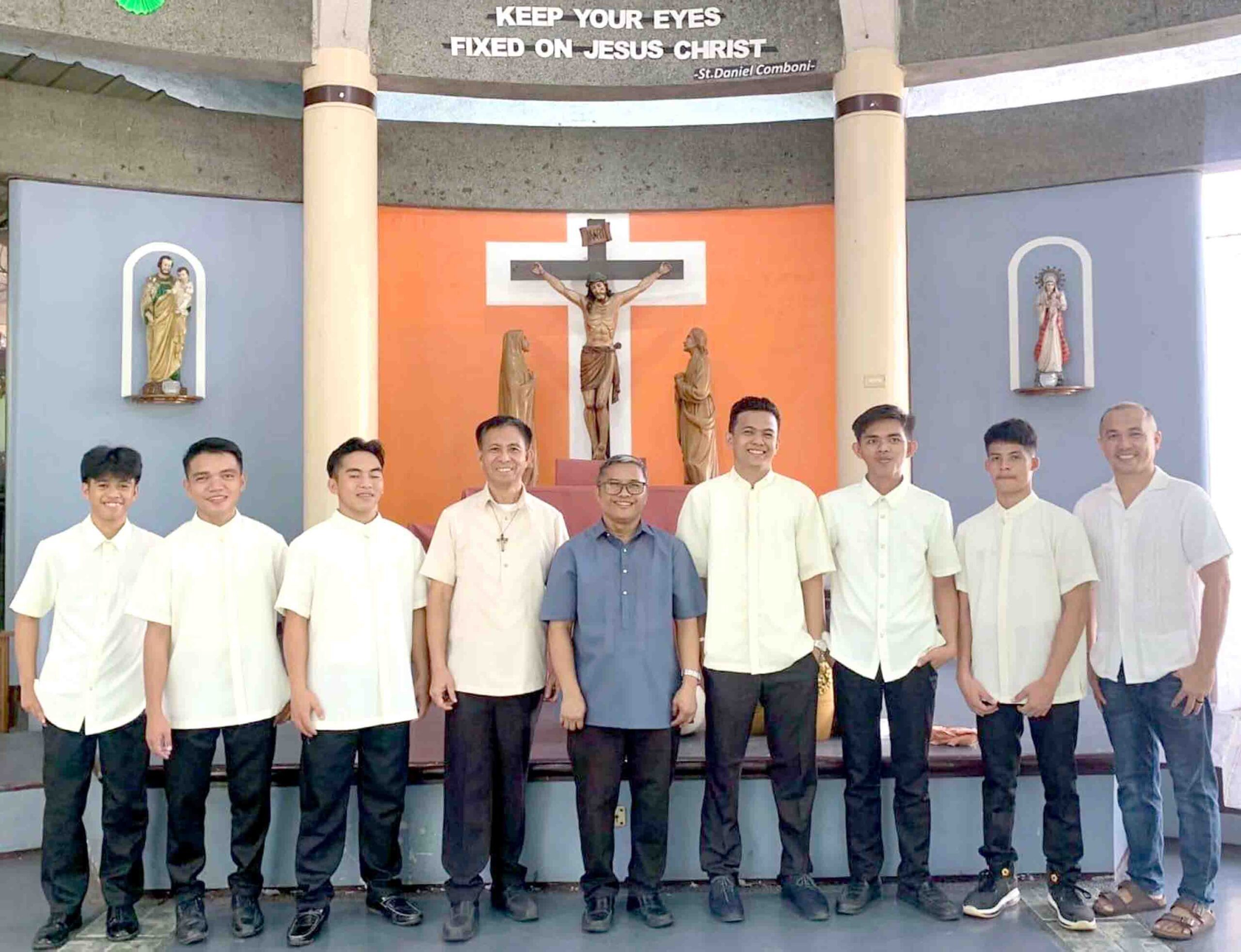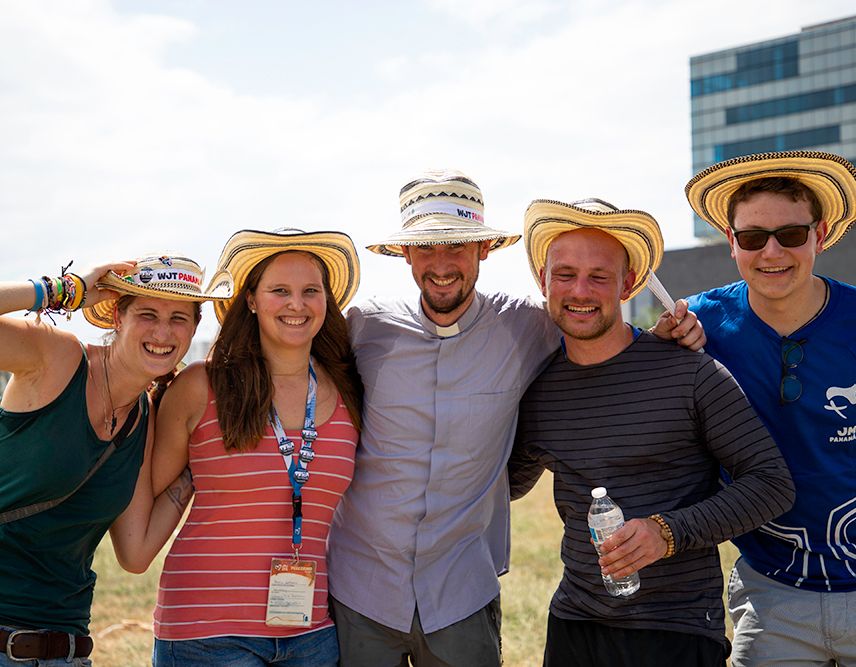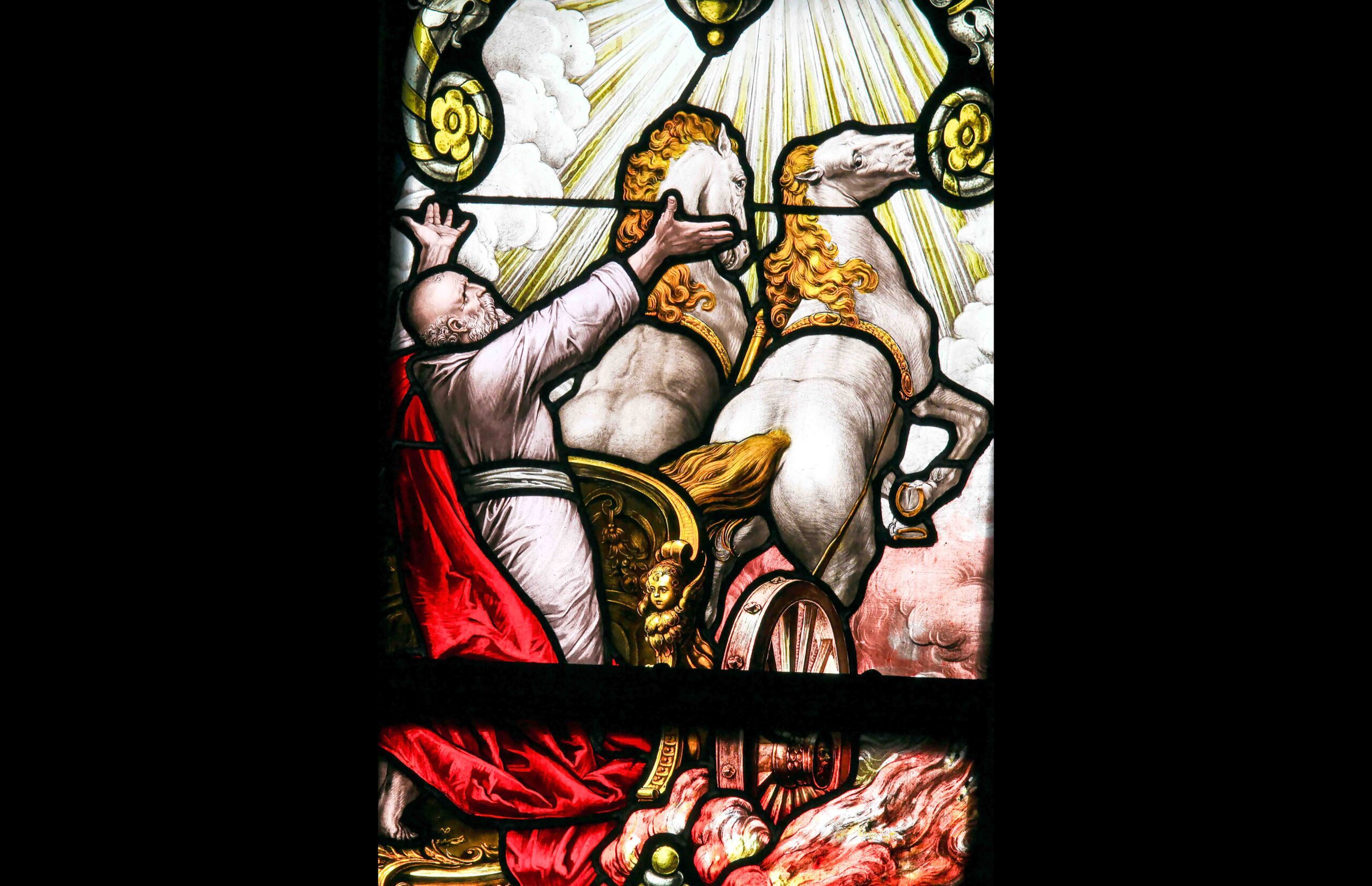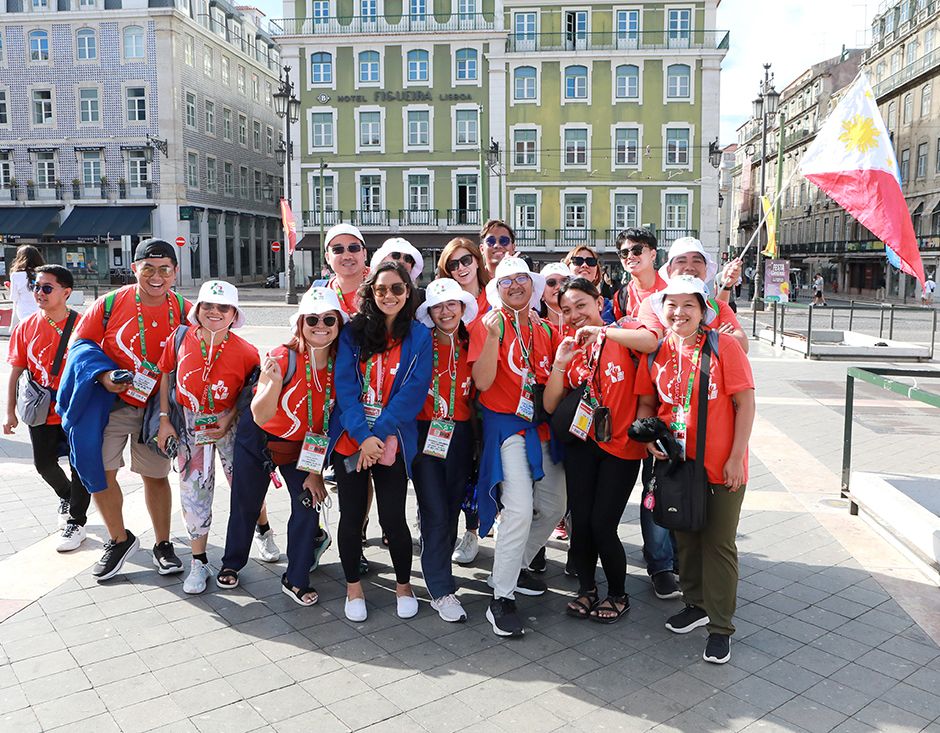In our day-to-day life we are looking for certainties, proof, security and a whole set of things that we consider necessary for our stability and well-being. Regarding vocation, we often look for the same thing: something that gives us assurance that we are walking the path we should follow and that this path is the only one capable of leading us to full happiness.
However, just as in the countless things we do every day, there are always things we have to sacrifice. For example, if we go on a trip and need to catch a plane, there are a number of things and people that we cannot take with us. Moreover, the journey is marked by strict rules in relation to what we can carry with us, a plurality of controls, norms and bureaucracies.
In these cases, in the name of security, freedom is sacrificed, and subjacent in the conscience of all travelers is trust between people and responsibility for oneself and the others. In addition, travel requires us to make choices about what we can, should and are able to carry in our suitcase. In these trips, all these seem normal and we do not question ourselves, like: “In spite all this security, will I arrive safe to the destination? Should I take this plane? What guarantees do I have? How is the skill and competence of the pilot? Can I trust those who travel with me?”
With vocation the same thing happens: there are decisions to be made and some things to be sacrificed. However, it would be illogical to let our doubts and fears hamper us and prevent us from entering this ‘plane’ for discovering a new world, full of adventure and true happiness.
Here, as in the example of airplane travel, the guarantees are similar. There is nothing to fear if we trust in the pilot (God himself Who calls us and accompanies us) and trust in those who want to make this journey with us (those who are on the same path of vocational discovery, and companions who, like the flight attendants, help us to better enjoy the trip).
The big difference is that here, if we “get in the wrong airplane,” the crew will help us find the right plane to the destination we want to reach. Thus, with this open possibility, there is no reason to fear security and sacrifice freedom. On the contrary, it is in freedom that the path of vocational discernment is made, in order to lead us to a life that we hope will be always in abundance (Jn 10, 10).
Discern… To Find Out
St. Daniel Comboni, in his Writings, makes an assertion which, taken in isolation, can lead to misinterpretations. In fact, in affirming that “man disappears beneath the sublimeness of his vocation” (Writings 1547), we can be led to think that the human being ‘disappears’ when he or she follows his or her vocation.
This is not, however, Comboni’s perspective. He sees vocation as something greater, something that, although apparently makes us leave much behind (the suitcase, in the example of the airplane), does not diminish us (Phil. 2: 6-11). Rather, it enlarges us and makes us capable of everything, even of what we might at first sight consider impossible (Phil 4, 13).
Only a serious and accompanied discernment can help to unravel the intricacies of vocation. This is what makes it possible to walk the path of discernment, not as if it were a dark tunnel, frightful and full of dangers, but as a road full of curves and counter-curves, and each turn presenting us with a new landscape, a world greater that we thought existed.
However, the incessant discovery which is inherent in vocational discernment does not bring us only the revelation of a new world, full of different and fascinating landscapes. It also brings with it a greater discovery: the discovery of oneself and the discovery of the other that walks beside us and the Other that never lets us tread the path of life alone.
Discovery of the Other
When we enter the path of discovery of our vocation, we can think that, finally, we will discover what God wants from us. This is true, but on this journey, and before we discover God’s dream for us, we discover what we in fact dream for ourselves. In this discovery, we are confronted with our weaknesses and countless things that keep us from daring to follow the path that is best for us. It is at this stage that the action of God is manifested in a privileged way.
In fact, as we confront our weaknesses, we give space to welcome the revelation and the dream of God for us. God, who enables those He chooses, is the One who chooses the foolish of the world to shame the wise, and what is weak in the world to shame the strong (1 Cor. 1: 27).
In this way, vocation has nothing to do with some ‘superpowers’ that we possess, but with the greatness of our capacity to be surprised by God – God that helps us to see who we are, who we want to be, who He is and who are the others around us: friends, companions, blockers of our dreams… people who, in some way, will benefit from our full realization. Therefore, vocation is a discovery that leads to welcome surprises that lurk at every turn we pass and every obstacle we overcome.
Discernment helps us to discover this world we desire and dream of and which God offers us freely, without reserve, without sacrificing even our freedom. This is the world we crave and we ardently expect. As we walk the path of vocational discernment and by being amazed by the gift offered us, we are able to welcome the dream of God as the fullness of our own dreams, our own desires in relation to ourselves and to the challenging world around us.
Let Yourself Be Surprised
Without the daring to be surprised, it is impossible to receive this gift. Without the daring to enter confidently ‘on the plane’ of vocational discovery, it will be impossible to discover the pilot’s expertise, the kindness of the flight attendants, and the enthusiasm of all who seek to reach the same destination.
Life is not static but it is dynamic, and regardless of the choices we make, life is always risky and always requires us to choose. So… why not opt for what we dream to be? Why not fight for what we believe in? Why live the anguish of fear and still avoiding making life decisions? Fear nothing! After all, “hope does not disappoint, because the love of God has been poured out into our hearts through the Holy Spirit that has been given to us” (Rom 5: 5).




